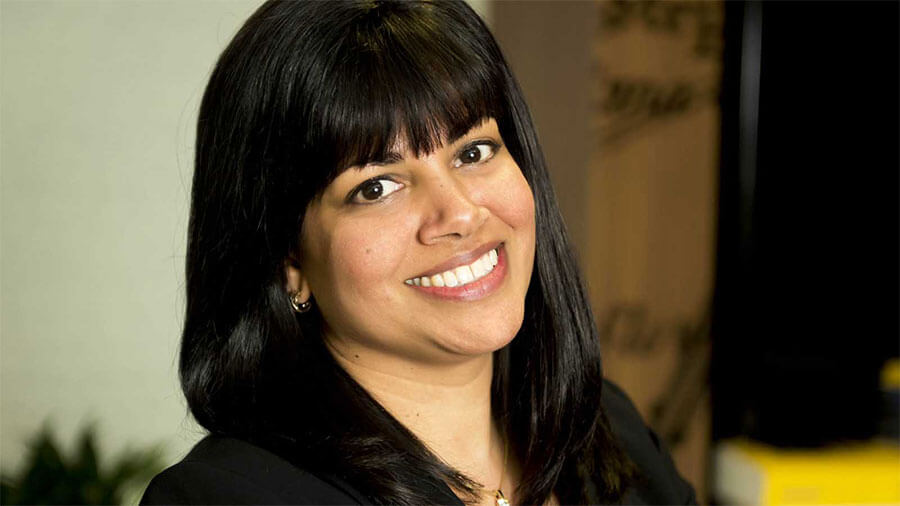Everyone looks forward to going on holiday and getting away from it all. Some take it a step further and buy a property abroad, perhaps visiting for the rest of their life. According to recent research, 10% of estates in the European Union have an international element and this is set to increase.
In England and Wales, the theory is by making a Will, a person may leave his or her estate exactly as they please. The position is very different in many European countries, which have what are known as “forced heirship” rules, so that certain family members must benefit. Each country has its own rules, which may conflict with English law and practice.
Bernard Matthews, the famous turkey farmer, died in 2010, owning a French villa worth 15 million euros. He left three Wills: two French ones and one English Will and codicil. His adopted children claimed their share of the French villa under French inheritance rules, although the late Mr Matthews had wanted the villa to pass to his long-term partner.
If a person has properties or other assets outside England and Wales, they should take legal advice to ensure that those assets pass as they wish following death. This will nearly always require seeking legal advice abroad. It can be suitable to have two Wills, one in each country, which should not revoke one another by mistake!
On 17 August 2015, an EU regulation will allow people with property in some European states to elect in their Will that the laws of their own country should apply to their property abroad. This could avoid “forced heirship” rules automatically applying.
It is important for anyone who could be affected by these issues to take advice and ensure that their Will is revisited regularly.
The contents of this article are intended for general information purposes only and shall not be deemed to be, or constitute legal advice. We cannot accept responsibility for any loss as a result of acts or omissions taken in respect of this article.

